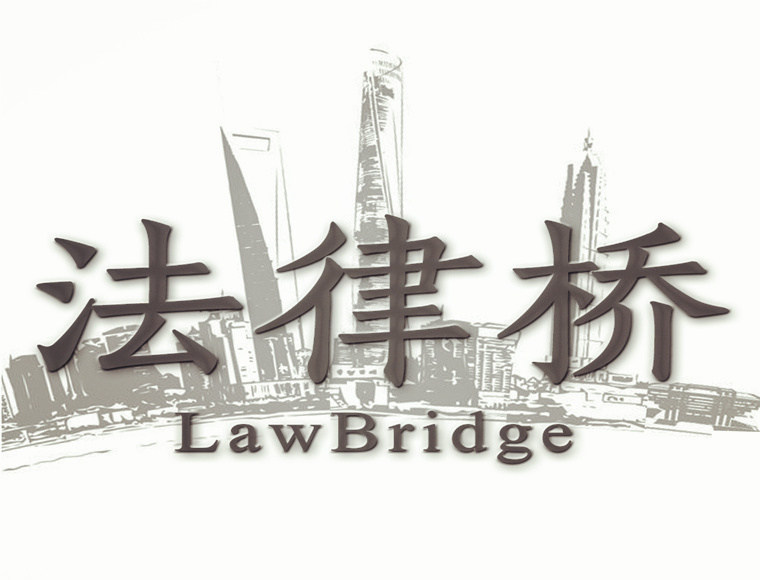Talking about Private Fund Custody from the Bankruptcy Event in Silicon Valley
Preface
On March 10th US time, the California Department of Financial Protection and Innovation announced the closure of Silicon Valley Bank (SVB), and the Federal Deposit Insurance Corporation (FDIC) took over the bank due to insufficient liquidity and insolvency. It is worth noting that the closure and bankruptcy of Silicon Valley Bank, as a professional bank serving the venture capital circle in the United States and even the world, is like a huge stone throwing a huge splash in the venture capital circle and affecting the entire water surface. The CEO of Y Combinator, a well-known US venture capital company, called the bankruptcy of a Silicon Valley bank "the extinction event of a start-up company.".
According to relevant media reports, the head of a venture capital fund in Beijing told reporters that due to the involvement of the Silicon Valley Bank incident, individual domestic venture capital institutions still have deposits or other related businesses in Silicon Valley banks and are busy dealing with capital issues. From the perspective of private equity funds, we cannot help but worry: Is the bankruptcy of Silicon Valley Bank likely to affect the property safety of private equity funds entrusted to it? What warnings does this incident have for domestic private equity funds? In response, this article intends to sort out domestic private equity fund custody regulations and self-discipline rules, and provide professional advice on relevant risks.
01
"Three Questions" of Private Fund Custody
Which types of private equity funds must be managed?
According to the Interim Measures for the Supervision and Administration of Private Equity Investment Funds [1], the Instructions for the Filing of Private Equity Investment Funds [2], and other relevant regulations, currently four types of private equity funds must or in principle must be managed:
(1) Contractual Private Equity Investment Fund
(2) Private Asset Allocation Fund
(3) Private equity funds that indirectly invest in underlying assets through special purpose vehicles such as companies and partnerships
(4) Registered private equity or asset allocation funds with fundraising needs
In principle, contractual private equity investment funds must be placed in the custody of a custodian established in accordance with the law and qualified for fund custody, except where the fund contract stipulates the establishment of a daily institution such as a fund unit holder meeting or a fund trustee committee that can effectively perform the duties of safe custody of fund assets.
Which entities do private fund custodians include?
How should private fund custodians keep fund assets?
02
私募基金托管人破产相关问题
1
The custodian goes bankrupt, and the fund needs to...
02
The impact of trustee bankruptcy on fund assets
03
01
Suggestions for fund managers
(1) Prudent Selection of Custodian
When selecting fund custodians, it is recommended that fund managers give priority to large state-owned commercial banks, as they have high risk resistance capabilities and relatively complete risk control systems, and the probability of violations and breaches of contract is also low.
(2) Improve due diligence on custodians
In selecting a fund custodian, a fund manager should conduct strict due diligence on the custodian. The content of due diligence is recommended to cover the qualifications, net assets, risk control system, fund custody departments and full-time personnel, conditions for safe custody of fund assets, clearing, and delivery systems of their fund custody.
(3) Agree exemption clauses in the Fund Contract
It is recommended that the fund manager specify relevant exemption clauses in the Fund Contract. For example, if investors suffer losses due to the bankruptcy of the fund custodian or termination of operations for any other reason, the fund manager will not be liable for compensation, to avoid the situation of "the custodian goes bankrupt and the manager pays the bill.".
02
Suggestions for Fund Investors
(1) The Fund Agreement stipulates the obligation of the Fund Manager to carefully select and supervise the custodian and the relevant liability for breach of contract
The obligation of a fund manager to carefully select a fund custodian includes, but is not limited to, requiring the manager to provide all investors with a due diligence report on the fund custodian, and requiring unanimous consent from all investors for the selection of the custodian. In addition, it should be agreed that the manager should take appropriate measures to monitor the performance of the custodian throughout the process. Once it is discovered that the custodian has a risk of bankruptcy or termination of operations, the Custody Contract should be immediately terminated, And transfer the fund assets to an account opened with a new custodian agreed upon by all investors. Once the manager violates these obligations, it shall bear corresponding compensation responsibilities for the losses of the fund property and investors caused thereby.
(2) In the Fund Contract, it is agreed to submit the Custody Report to all investors
It is recommended that the Fund Contract clarify the rights of investors to obtain the Custody Report, so that investors can have a certain degree of initiative. If the fund manager fails to properly fulfill its obligation to supervise the custodian, investors can timely grasp the fund custody situation. Once relevant risks are discovered, investors can urge the fund manager to immediately take risk control measures to avoid the risk of fund property loss. In addition, the Custody Report can also be used as evidence material for related investment disputes.
Conclusion
Commercial banks have always been trusted partners by private equity institutions and investors, but the fact is that even high-quality banks such as Silicon Valley banks can go bankrupt overnight. At the same time, it is worth noting that there are also precedents of bankruptcy of several banks in China, such as Baoshang Bank and Hainan Development Bank. Moreover, securities companies and other financial institutions that act as fund custodians cannot rule out the possibility of bankruptcy. It is strongly recommended that private equity fund participants, including fund managers and fund investors, strengthen various risk control measures in fund custody matters (including but not limited to hiring professional lawyers to improve relevant risk control systems, conducting due diligence on fund custodians, and drafting and revising the Fund Contract and the Custody Contract), And closely monitor relevant custody risks throughout the entire process (although the bankruptcy event of the Silicon Valley Bank was unexpected for most of its customers, a small number of fund management companies and start-up companies estimated the potential risks of the Silicon Valley Bank, and promptly transferred relevant assets to "avoid a disaster"), in order to avoid "non investment" losses of the fund assets as much as possible.
[1] Article 21 of the Interim Measures for the Supervision and Administration of Private Equity Investment Funds states that "Unless otherwise agreed in the fund contract, private equity funds shall be placed in the custody of the fund custodian. If the fund contract stipulates that private equity funds shall not be placed in custody, institutional measures and dispute resolution mechanisms to ensure the safety of private equity fund assets shall be specified in the fund contract."
[2] (4)... Contractual private equity investment funds shall be placed in the custody of a custodian established in accordance with the law and qualified for fund custody, except where the fund contract stipulates the establishment of a daily institution such as the fund unit holders' meeting or the fund trustee committee that can effectively perform the duties of safe custody of fund assets. Private equity asset allocation funds shall be managed by a custodian established in accordance with the law and qualified for fund custody.
Private equity investment funds that indirectly invest in underlying assets through special purpose vehicles such as companies and partnerships should be placed in custody by custodians established in accordance with the law and qualified for fund custody. The custodian should continuously monitor the capital flow of private investment funds and special purpose vehicles, master the fund transfer path in advance, and obtain and maintain fund transfer and investment vouchers afterwards. The manager shall promptly deliver the investment certificate to the custodian.
(11) ... For registered private equity investment funds or private asset allocation funds, if the following conditions are met simultaneously, the subscribed capital contributions of new investors or existing investors can be increased, but the increased subscribed capital contributions shall not exceed three times the subscribed capital contributions at the time of filing:
... 2. The fund is held in custody by a custodian established in accordance with the law and qualified for fund custody
PE&TMT Lawbridge

Presiding lawyer: Yang Chunbao, first-class lawyer
Tel/WeChat: 1390 182 6830
Business contact and submission email:
chambers.yang@dentons.cn
Address: 9th/24th/25th Floor, Shanghai World Financial Center, No. 100 Century Avenue, Shanghai























































First, please LoginComment After ~